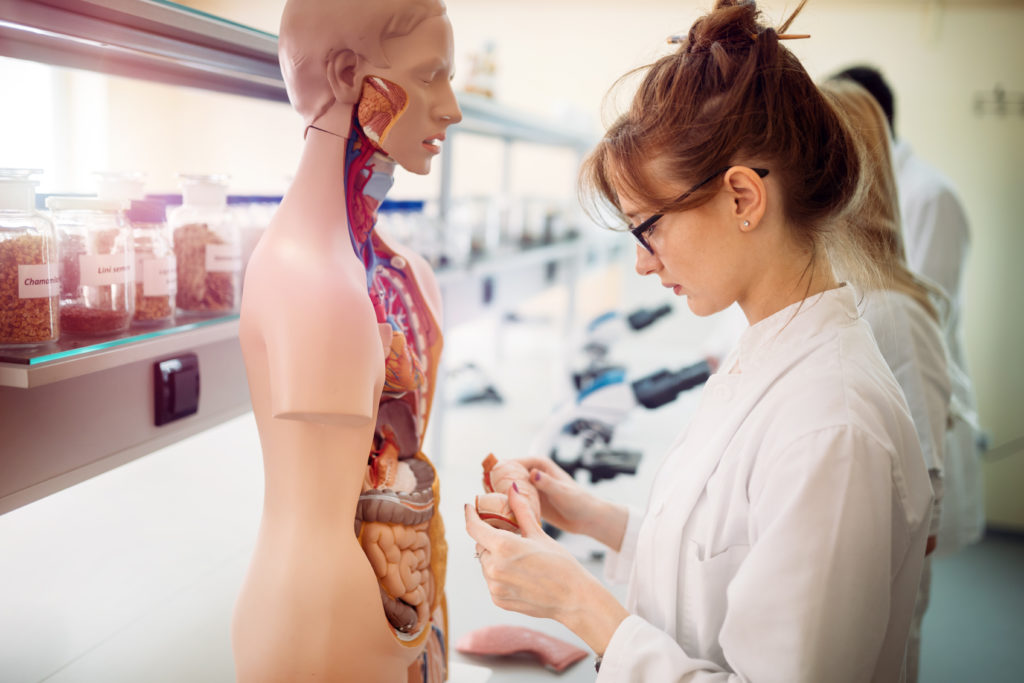Biology courses are perfect for you if you are interested in the study of living organisms. If you are fascinated with the living world, a course in Biology is a great choice.
Education
There are a wide variety of areas covered by the umbrella term ‘Biology ‘.
Some of these include:
- Animal & Plant Biology
- Cell Biology
- Microbiology
- Biochemistry
- Biotechnology
There are also many degree programmes for Biotechnology, Biomedicine and Biochemistry as well as Wildlife/Marine Biology.
Biotechnology is the utilisation of sub-cellular components of living organisms to produce useful products. A well-known example is using yeast to make beer and bread. Therefore, biotechnology makes an important contribution to food and drug production, energy and agriculture.
Biomedicine applies biotechnological techniques in a medical environment. Graduates of these courses will work in hospitals in cooperation with doctors, as well as in research in the pharmaceutical industry.
Wildlife/Marine Biology is another ideal consideration for those with an interest in animal life. IT Tralee’s degree in Wildlife Biology uses nearby resources such as the Education Centre in Killarney National Park. Modules include Botany and Zoology as well as Environmental Protection.
Galway-Mayo IT’s degree in Applied Freshwater and Marine Biology and NUI Galway’s Marine Science deal with Ireland’s most precious resource – water. Students of these subjects will examine issues such as Biodiversity, Pollution, Aquaculture (i. e. fish farming), and securing safe and sustainable supplies for Ireland’s growing population.
Zoology is also available to study through omnibus entry science degrees in UCC, UCD, Trinity College and NUI Galway. NUI Galway, Trinity College and UCD also have degrees in Botany through the same omnibus entry system.
The Work
Biology graduates often work in a diverse range of industries.
Professional bioscientists will often develop and test new products. Research scientists in biology study fields such as disease, drugs, water quality, and microorganisms. They contribute to the existing body of scientific knowledge.
Biologists also often design and conduct experiments, make observations and write up the work in reports and scientific papers. Those working in universities or teaching hospitals usually also teach and supervise students.
Most bioscientists spend a large proportion of their working life in a laboratory or office environment. Fieldwork is also often required – particularly among wildlife and marine biologists.
Did you know?
The North American Grey Squirrel is classified as an ‘invasive’ species in Ireland. It has a more varied diet and is a carrier of a disease that is deadly to native red squirrels.
There are a great number of biology and biology-based courses available across the country. Find biology courses near you at courses.ie












Comments